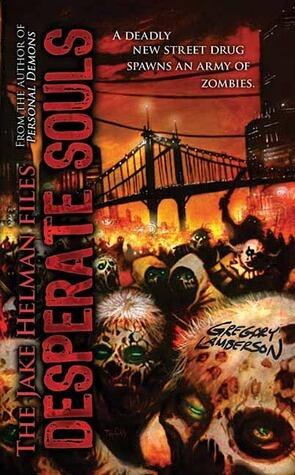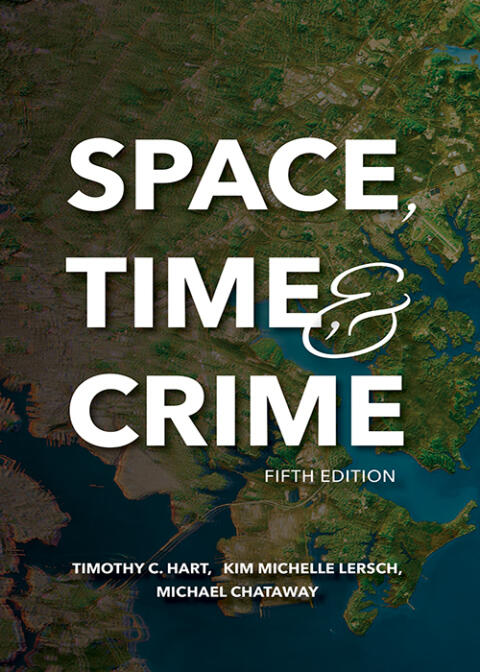
Critique of the Legal Order: Crime Control in Capitalist Society
아직 평점이 없습니다
Mystery
Science & Technology
History
+1
more
형식
페이퍼백
페이지
234
언어
영어
출판됨
May 31, 2001
출판사
Routledge
ISBN-10
0765807971
ISBN-13
9780765807977
설명
In a thought-provoking exploration of the interplay between legal systems and capitalist frameworks, this book delves into the complexities of crime control within society. The authors challenge conventional perceptions, highlighting how law enforcement practices often reflect the interests of those in power, rather than serving justice or public safety. By scrutinizing the foundations of legal order, they reveal a narrative shaped by economic inequalities and social disparities.
Shelden and Quinney articulate how the legal system can perpetuate crime rather than eliminate it. They present a compelling analysis of the ways in which laws are constructed not only to regulate behavior but also to maintain existing hierarchies within capitalist society. Through a critical lens, they examine the broader implications of policies and practices that prioritize control over rehabilitation.
This work engenders a deeper understanding of the socio-economic determinants of crime, urging readers to question the status quo. The authors call for a reimagining of justice that moves beyond punitive measures, advocating for solutions that address systemic issues. With its enduring relevance, the book serves as both a critique and a catalyst for change in the dialogue surrounding law, crime, and society.
Shelden and Quinney articulate how the legal system can perpetuate crime rather than eliminate it. They present a compelling analysis of the ways in which laws are constructed not only to regulate behavior but also to maintain existing hierarchies within capitalist society. Through a critical lens, they examine the broader implications of policies and practices that prioritize control over rehabilitation.
This work engenders a deeper understanding of the socio-economic determinants of crime, urging readers to question the status quo. The authors call for a reimagining of justice that moves beyond punitive measures, advocating for solutions that address systemic issues. With its enduring relevance, the book serves as both a critique and a catalyst for change in the dialogue surrounding law, crime, and society.



















